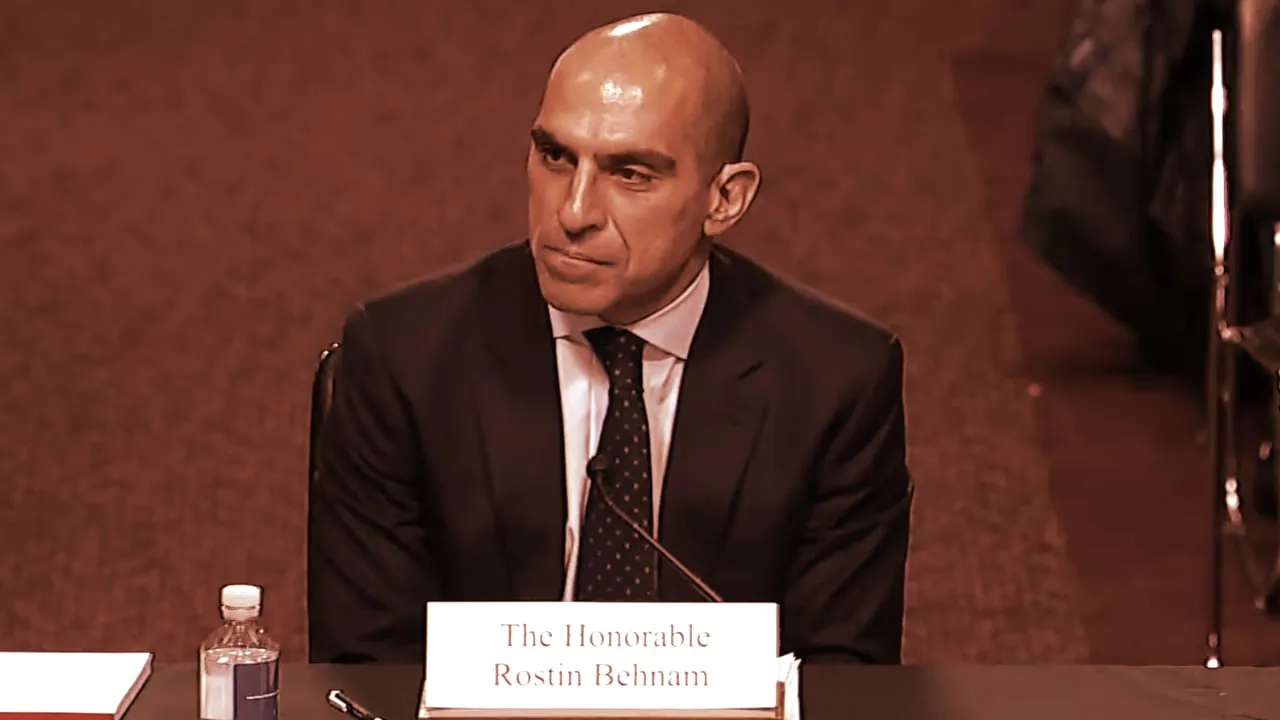Cryptocurrency may be a threat to America’s national security and more regulation is needed in the space now, Commodities Futures Trading Commission Chair Rostin Behnam said today.
Senators on Thursday grilled Behnam on lack of regulation in space at the first congressional oversight hearing following the crash of crypto exchange FTX and the fall of its disgraced founder Sam Bankman-Fried.
FTX was one of the biggest and most popular crypto exchanges until it blew up just weeks ago. It is now coming to light how the company’s leadership mismanaged the exchange and its related entities, and was opaque about its books, which led to a remarkably quick bankruptcy—and the loss of billions of dollars worth of customer assets.
Behnam said cryptocurrency was “potentially a threat to national security” when Senator Roger Wayne Marshall (R-KS), who described the space as a “nuclear bomb going off,” asked about digital assets being used by criminals.
Talking to members of the Senate Agriculture committee, Behnam added that digital assets will exist even if the U.S. government wanted to ban them from U.S. soil—noting that despite regulations and restrictions known as geofencing, 2% of FTX customers were from the U.S. FTX was a Bahamas-based company, and it ostensibly prohibited U.S. residents from using its services.
“That’s not supposed to happen,” he said. “Folks will find a way to get exposure to offshore entities and activities, even if it’s prohibited in the U.S.—and we have to do something about that.”
Behnam told lawmakers that his agency needs to be able to have the power to write rules and oversee crypto trading—including stopping exchanges from having affiliated entities that trade with customers on the platform.
Part of FTX’s downfall was due to the exchange allegedly using customer money (without them knowing) to make bets through Alameda Research, a trading firm also set up by ex-FTX CEO Sam Bankman-Fried. Alameda traded on FTX, in effect betting against its own customers, and yet had special permissions on the platform that prevented it from ever being liquidated on the exchange, according to newly appointed FTX CEO John J. Ray (the same Ray who oversaw the liquidation of Enron).
In other words, Alameda allegedly used FTX user money to trade against FTX users and played by its own rules.
“We need registration of exchanges; we need surveillance of market activity; we need direct relationships with custodians who are holding customer money so we can prohibit and prevent money moving around that’s not house money,” added Behnam.

